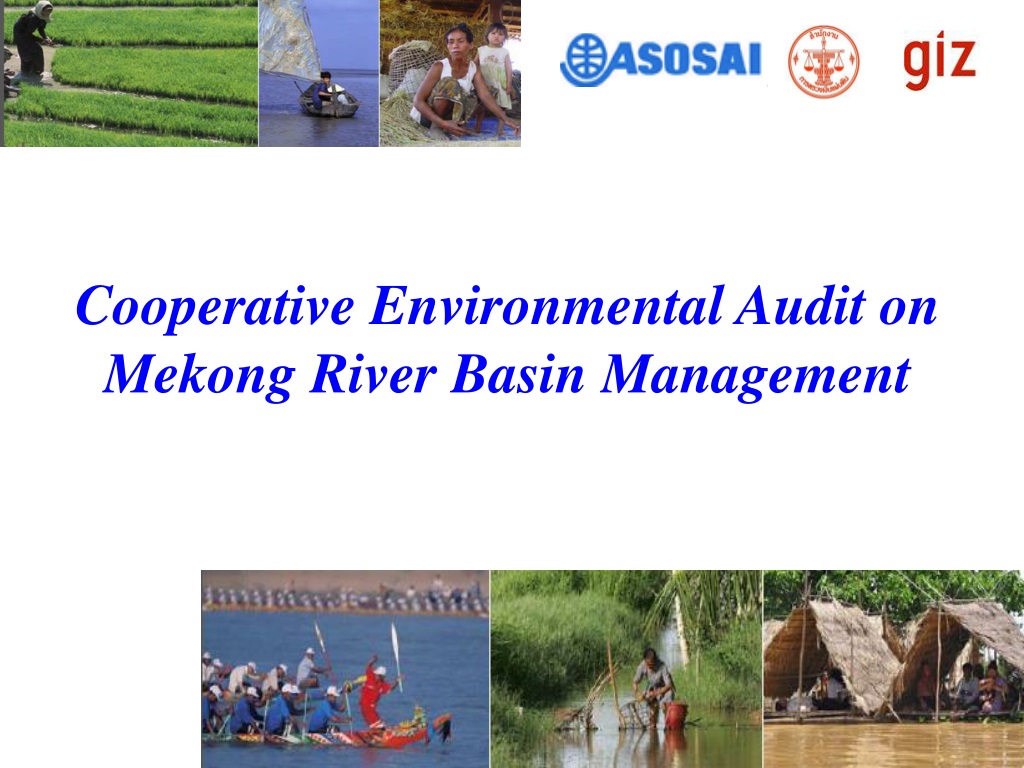Transboundary River Basin Governance: A Case of the Mekong River Basin

Conflict and cooperation are key governance challenges in transboundary river basin governance, especially in the Mekong River Basin. Hydropower dams have been at the center of such a conflict and cooperation that are useful metrics to assess the level and intensity of conflict and cooperation in transboundary river basin governance. This study examines transboundary river basin cooperation in the Mekong through the lens of hydropower dam projects. It uses a literature review and a case study of the Lower Sasan 2 (LS2) Dam to analyze the conflict and cooperation in the Mekong region, from the era of the US influence in the Cold War, the post-Cold War period, and the present-day with the rise of China. It concludes that Mekong river basin cooperation has evolved as a result of external influences and internal competition by riparian states over Mekong resources. The LS2 was identified in 1961 by US-supported hydropower studies and then by the GMS/ADB in 1998, but left unattended until 2007 when Vietnam signed an agreement with Cambodia to undertake a feasibility study in 2008. It took 16 years to get the LS2 built by a Chinese company in 2014 and completed it in 2017. Through the process, the states, powerful external actors, financial institutions, and private sector actors have politicized the LS2 studies, design, and construction. Cambodia, as a weak downstream state, has had to and must continue to position itself strategically in its relationships with these hydro-hegemons to compete for hydropower dam projects and protect its interests. The rise of China has induced the changing relationship between riparian states. Many hydropower dams were built with Chinese funding. Cambodia has also enjoyed its close ties with China, and the building of the LS2 dam by a Chinese company contributes to changing its positions in the Mekong cooperation but suffers environmental and social impacts.
Up to 90% off Textbooks at Canada. Plus, free two-day shipping for six months when you sign up for Prime for Students.

The Role of Law in Transboundary River Basin Disputes: Cooperation and Peaceful Settlement

Mekong-US Partnership Track 1.5 Policy Dialogue on Transboundary Water Governance Summary Report • Stimson Center

Scalar disconnect: The logic of transboundary water governance in the Mekong

River Basin Management - Sustainability Issues and Planning Strategies

PDF) Inland Capture Fisheries and Large River Systems: A Political Economy of Mekong Fisheries

The Shifting Regional Geopolitics of Mekong Dams
Up to 90% off Textbooks at Canada. Plus, free two-day shipping for six months when you sign up for Prime for Students.

The Role of Law in Transboundary River Basin Disputes: Cooperation and Peaceful Settlement

PPT - Cooperative Environmental Audit on Mekong River Basin Management PowerPoint Presentation - ID:9727550

Full article: Many Faces of Security: Discursive Framing in Cross-border Natural Resource Governance in the Mekong River Commission